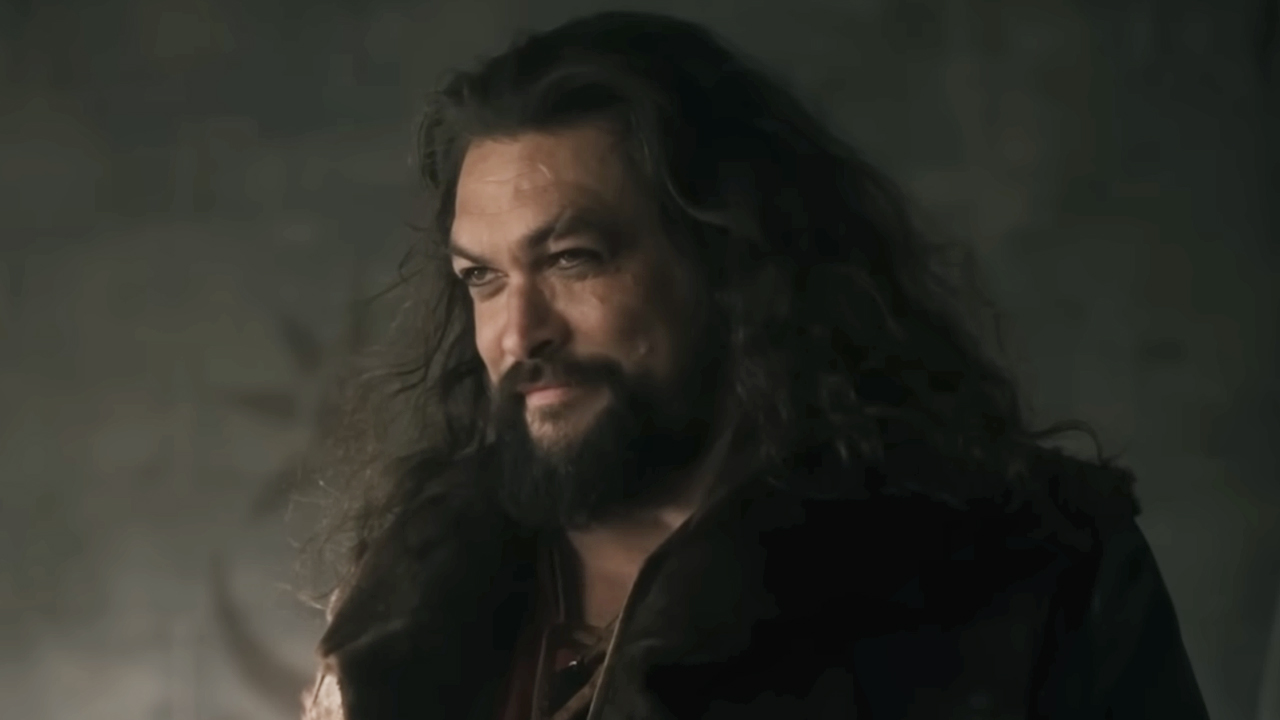I Watched Guillermo del Toro's Frankenstein, And Couldn't Stop Thinking About A Jurassic Park Quote
I can hear Dr. Ian Malcolm's voice so clearly.
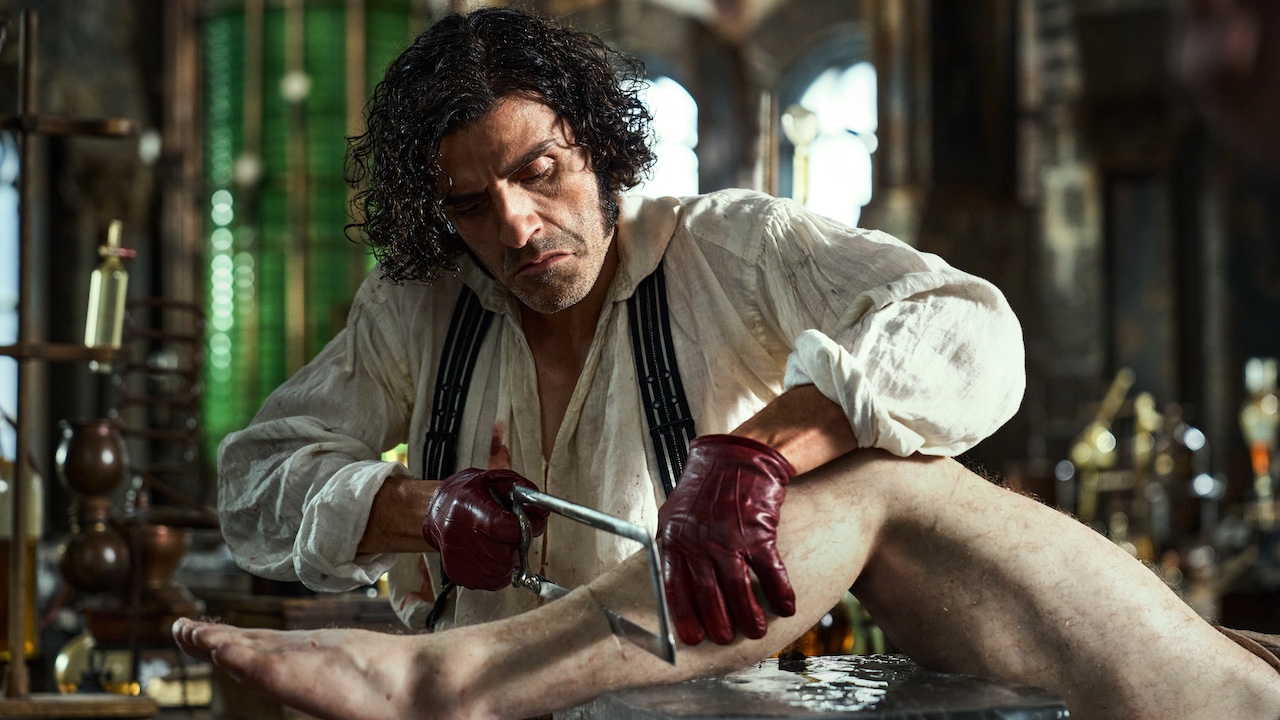
Your Daily Blend of Entertainment News
You are now subscribed
Your newsletter sign-up was successful
Big spoilers from Guillermo del Toro's Frankenstein ahead!
I had a few takeaways after watching Guillermo del Toro's Frankenstein, which is now streaming with a Netflix subscription. Not only was the new 2025 movie visually stunning and beautifully scored, but it also left me thinking about the ambitions of man, and one specific quote from Jurassic Park (the movie, but also kind of the book). No, not "life finds a way," though that one might be applicable in its own way. I'm talking about when Jeff Goldblum's character, Dr. Ian Malcolm ,expressed his alarm and disapproval at the enormous feat that had been achieved – bringing dinosaurs back – by saying:
Your scientists were so preoccupied with whether they could, they didn't stop to think if they should.
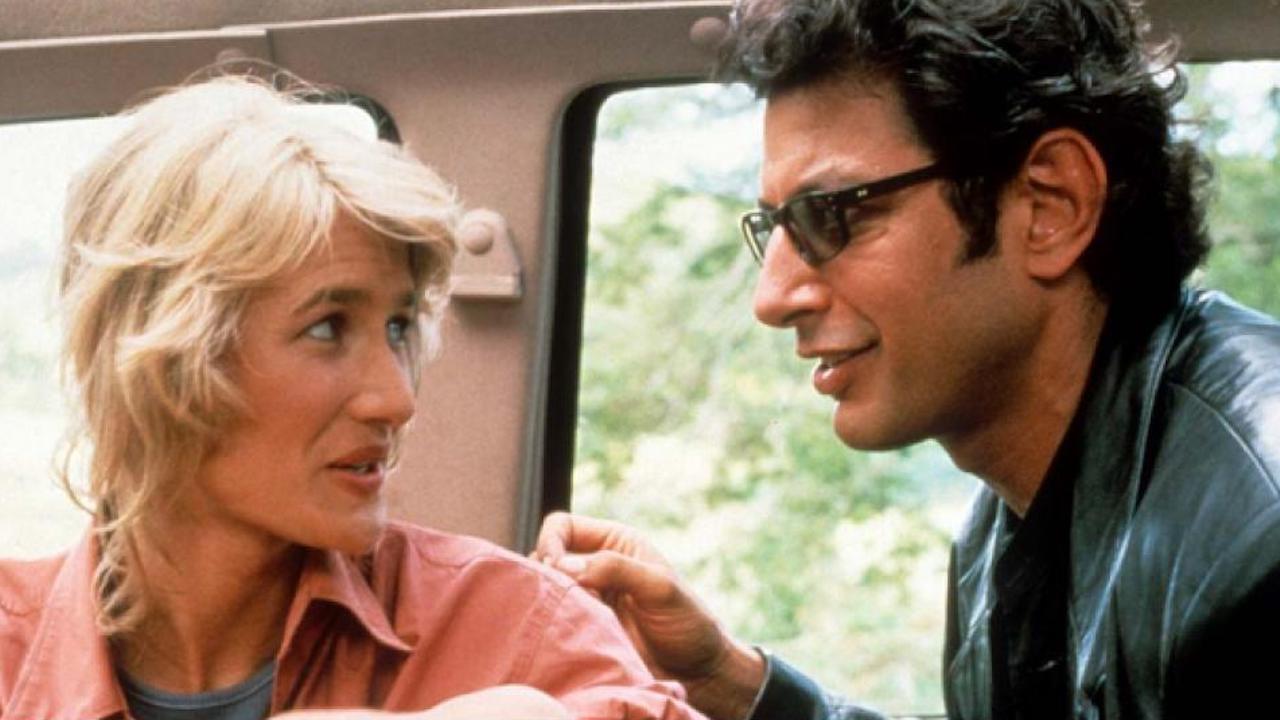
The line in Steven Spielberg's beloved 1993 movie was summed up more succinctly (presumably by screenwriters David Koepp and Michael Crichton), than it is in Crichton's novel. But Dr. Malcolm does make that point in the book too, going on to discuss the shortsightedness of some scientists and engineers, which he refers to as "thintelligence," or thinking too narrowly about the mission. Essentially, some people are too driven by their goal to consider the ramifications of what they might be creating.
Watching Victor Frankenstein's reaction to his monster being alive, and then seeing him fall out of love with the person he'd created soon after, had my mind returning to Ian Malcolm's words. He wanted to make life, to see if he could, but what exactly was his plan when he achieved his goal? He never seemed to think that far ahead, and when his creation wasn’t what he expected him to be, he rejected him.
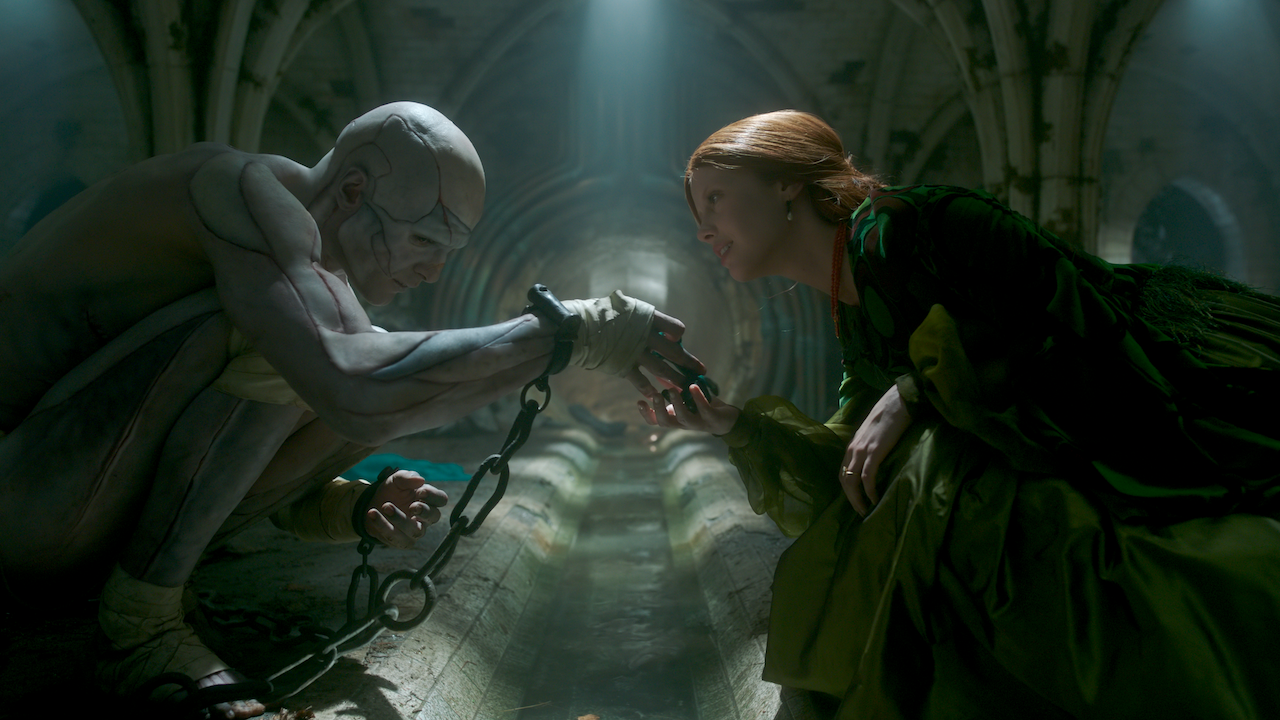
Science is important. I just want to make it clear that I believe that, and am not here to make a case against innovation. While I won't pretend it was ever a subject I excelled at, I appreciate the importance of understanding the natural world and am grateful for the people with the knowledge and drive to continue to unlock its secrets. But I do find the moral dilemmas that can arise interesting and relevant, particularly as it relates to what the fruits of innovation become, depending on the people involved.
I've always found myself drawn toward understanding human nature, which might be why I was so appreciative of Guillermo del Toro's approach to adapting Mary Shelley's Frankenstein, as both the book-to-screen adaptation and the original story have things to ponder on the subject. In the case of the movie, I'm as fascinated by Victor Frankenstein's motivations, expectations and reactions, as I am by Elizabeth's response to the Creature, and how drawn she was to his pain, intelligence and purity. Though it's all presented in a fantastical way, it was impossible for me not to think about Jurassic Park, or to use a more recent (and non-fiction) example, Oppenheimer, in how scientific achievements can come with huge responsibility, particularly once you start factoring in the influence of other people.
If you're familiar with Mary Shelley's book, then you likely know that del Toro took several liberties with the story. I was apprehensive about that at first, but in the end, I loved his approach, particularly in the way it explored Victor Frankenstein's determination to achieve his goal, and the harsh lessons he had to learn from his actions once he did. Rather than embracing his creation for who he was, he rejected and tried to destroy him, and it came at a huge cost (Victor’s life, not to mention several other people’s). Maybe if he’d realized the major influence he still had over his creation after he created it, things would’ve gone differently.
Your Daily Blend of Entertainment News
I'll close this out by bringing up Sarah El-Mahmoud's article about the ending of the movie. I like the way she breaks down her interpretation of the relationship between Frankenstein and his creation, and the more hopeful message the movie has from how the book ended. CinemaBlend contributor Jerrica Tisdale discusses the topic of generational trauma in her reaction to the movie, which is also worth a read. I definitely need to think more about those aspects of the story.
There’s obviously a lot to unpack from the film. But I very much appreciated the way the story wrapped up, with the captain making a major decision. Would reaching the North Pole be a true victory if it came at the cost of his and his crew's lives? He seemed to have learned a lesson from Frankenstein and his creation's tales, as–once the Creature freed them from the ice–he decided to turn the ship around and try to get everyone home safely.
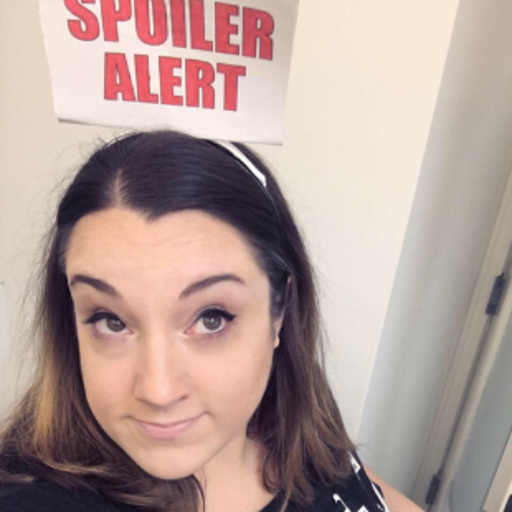
Kelly put her life-long love of movies, TV and books to greater use when she joined CinemaBlend as a freelance TV news writer in 2006, and went on to serve as the site’s TV Editor before joining the staff full-time in 2011 and moving over to other roles at the site. At present, she’s an Assistant Managing Editor who spends much of her time brainstorming and editing features, analyzing site data, working with writers and editors on content planning and the workflow, and (of course) continuing to obsess over the best movies and TV shows (those that already exist, and the many on the way). She graduated from SUNY Cortland with BA in Communication Studies and a minor in Cinema Studies. When she isn't working, she's probably thinking about work, or reading (or listening to a book), and making sure her cats are living their absolute best feline lives.
You must confirm your public display name before commenting
Please logout and then login again, you will then be prompted to enter your display name.
